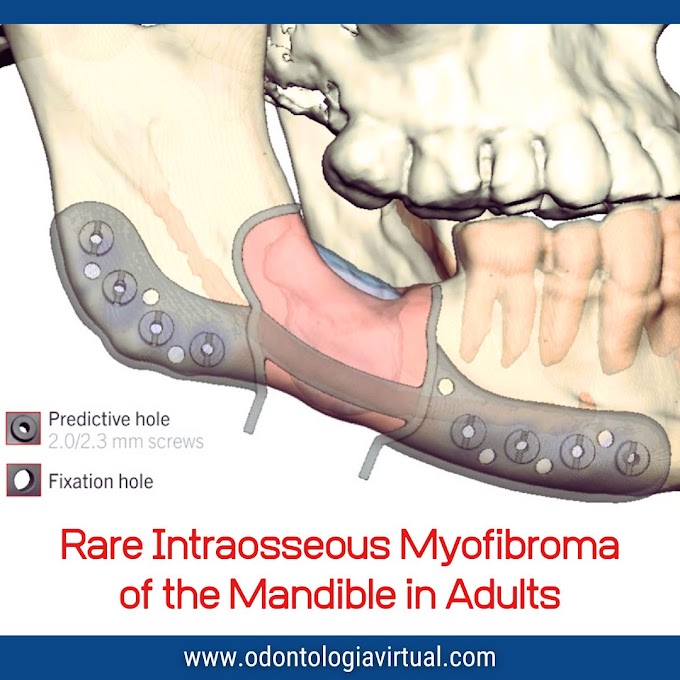While poor oral hygiene plays a role, dentists now emphasize that dietary habits and certain medications are equally responsible for the alarming rise in dental decay among children.
This guide brings together key insights for both parents and dental professionals to understand the main risk factors and implement effective prevention strategies.
1. The Role of Diet in Childhood Caries
Modern diets, often rich in processed foods and hidden sugars, create a high-risk environment for caries. Sugary drinks, refined carbohydrates, and snacks that stick to teeth fuel bacterial activity and acid production, weakening the enamel.
For Parents: Encourage balanced meals rich in vegetables, fruits, dairy, proteins, and water. Reduce sugary drinks and replace them with water. Promote brushing with fluoride toothpaste after meals.
For Dentists: Educate families on the importance of limiting free sugars, monitor caries risk during routine visits, and provide preventive interventions such as fluoride varnish.
2. The 7 “Innocent” Foods That Damage Children’s Teeth
Many foods marketed as “healthy” can actually contribute to severe childhood caries. Parents are often unaware of their hidden risks.
The 7 main culprits are:
1. Boxed juices and “natural” nectars – high in added sugars.
2. Sodas and sports drinks – sugary and acidic.
3. Processed breakfast cereals – even “fortified” ones contain excess sugar.
4. Cookies and sweet snacks – sticky textures keep sugar in contact with enamel.
5. Candies and gummies – sugar-rich and difficult to remove.
6. Flavored yogurts – often packed with hidden sugars.
7. White bread and refined carbs – break down into sugars that feed bacteria.
Key takeaway: Prevention starts at home. Substituting these items with healthier options such as fresh fruits, vegetables, cheese, and water can significantly lower caries risk.
► READ ALSO: Malocclusion in Children and Adolescents: A Comprehensive Perspective for Parents and Dental Professionals
3. Medications That Increase the Risk of Dental Caries
Certain pediatric medications, though essential for systemic health, have unintended oral consequences:
Sweetened syrups (antibiotics, cough syrups, antipyretics): high sucrose content encourages bacterial growth.
Antihistamines and decongestants: reduce saliva flow, leading to dry mouth.
Bronchodilator inhalers: lower oral pH and create an acidic environment.
Chewable/effervescent vitamin supplements: sugar + acidity erodes enamel.
Recommendations for Parents:
★ Avoid bedtime administration of sugary syrups.
★ Encourage water rinsing or toothbrushing after medication.
★ Ask for sugar-free alternatives when possible.
Role of Dentists: Pediatric dentists should evaluate medication history, adjust preventive strategies, and strengthen enamel protection with fluoride applications.
Conclusion
Childhood caries is preventable when families and dental professionals work together.
By addressing the triple risk factors—diet, hidden foods, and medications—we can protect children’s smiles, boost their self-esteem, and safeguard their overall health.













